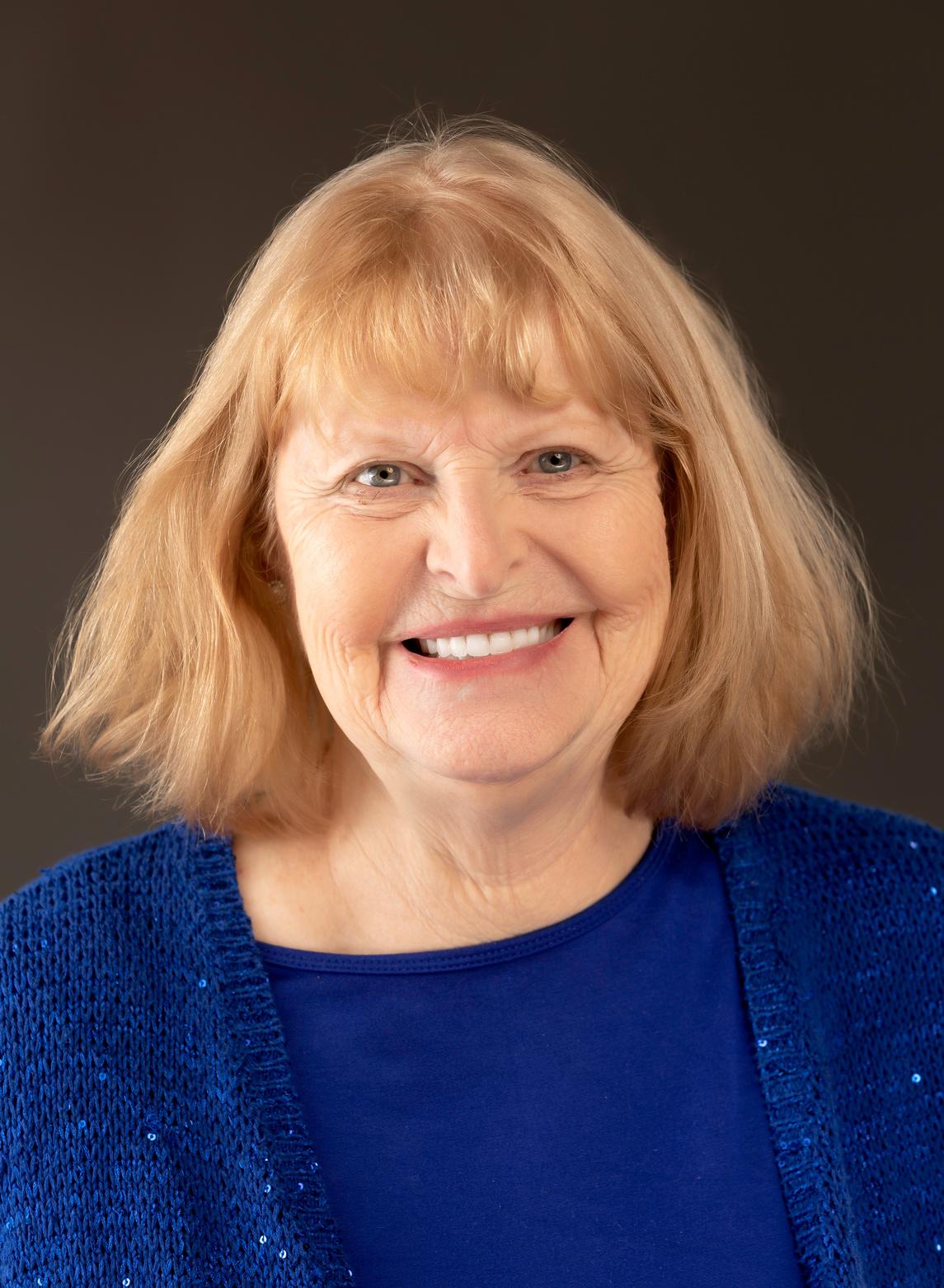
6 minute read
VETERANS' CORNER: THE PACT ACT AND YOUR VA BENEFITS
By Sheila Farr
If you aren't familiar with the PACT Act, the Office of Veterans Affairs recently made this statement about it:
Advertisement
The PACT Act is perhaps the largest health care and benefit expansion in VA history. The full name of the law is The Sergeant First Class (SFC) Heath Robinson Honoring our Promise to Address Comprehensive Toxics (PACT) Act.
The PACT Act will bring these changes:
Expands and extends eligibility for VA health care for Veterans with toxic exposures and Veterans of the Vietnam, Gulf War, and post-9/11 eras
Adds 20+ more presumptive conditions for burn pits, Agent Orange, and other toxic exposures
Adds more presumptive-exposure locations for Agent Orange and radiation
Requires VA to provide a toxic exposure screening to every Veteran enrolled in VA health care
Helps us improve research, staff education, and treatment related to toxic exposures
If you’re a Veteran or survivor, you can file claims now to apply for PACT Act-related benefits.
Talk to your representative at your local VA , contact us for more information, or go online to start your own claim now Here's the link: https://www.va.gov/disability/file-disabilityclaim-form-21-526ez/introductions
Sh ersonnelist and cu Coast Human Re tate Council of SH he's the CEO of Gulf Coast Training & Education Services, where she works to help Veterans find the right employment fit as they transition to civilian employment.

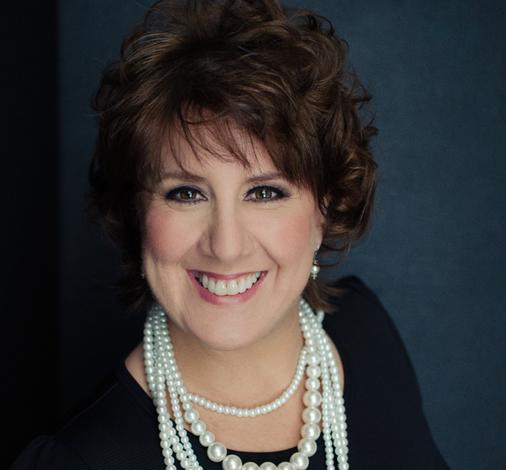
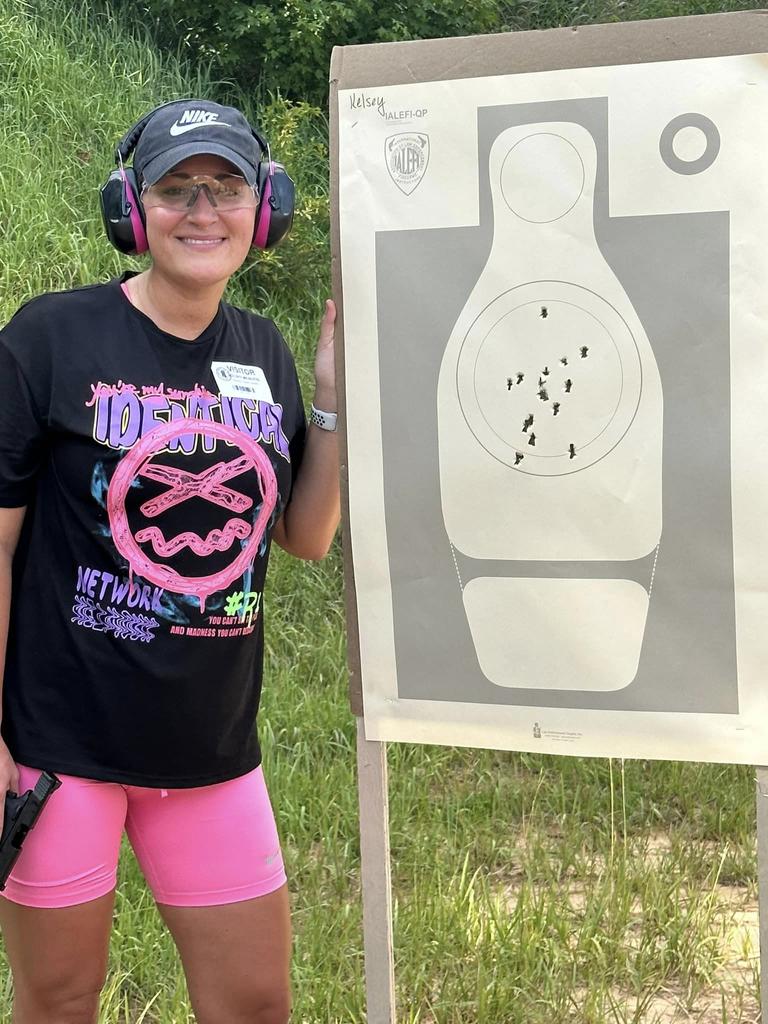
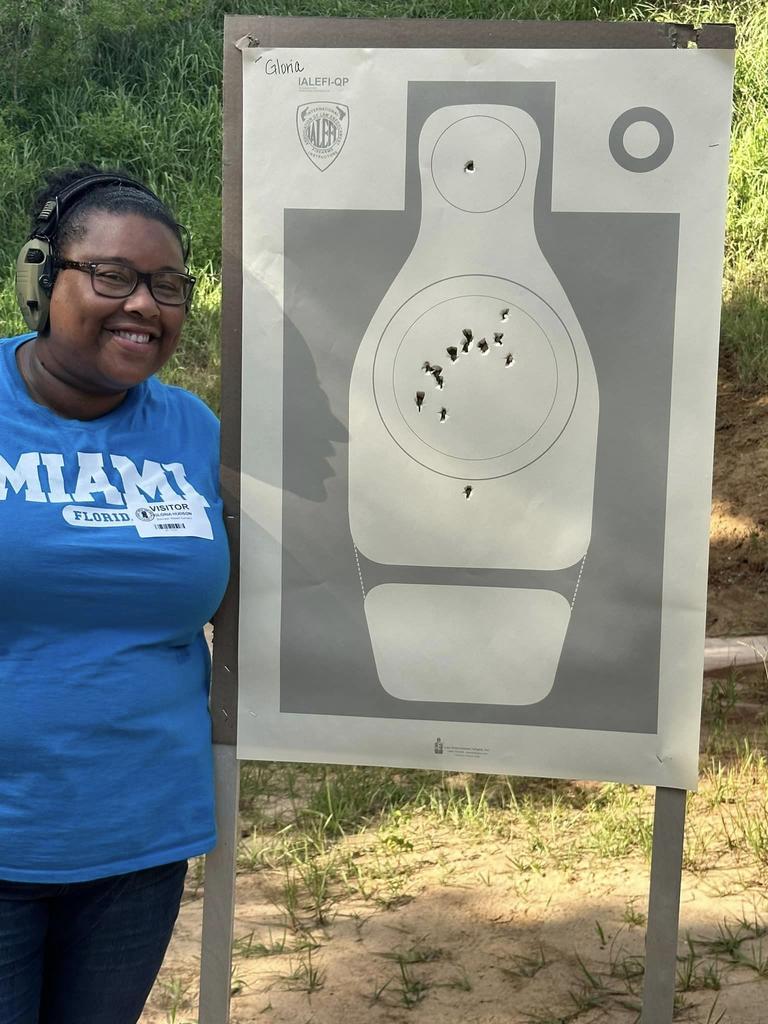

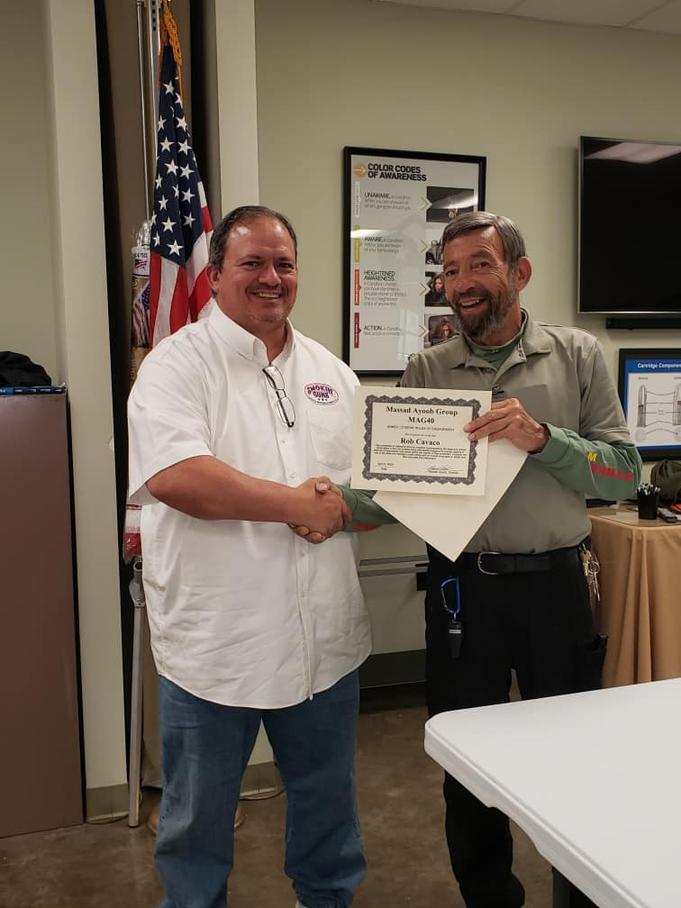



Dear Dr. BizBuzz:
I used to work in the oil field for 10 years where I invested a percentage to my 401K. It has been 8 years since I have worked there or in a similar industry. Shortly afterward, I ended up working in a different field that offered 403's. So, I opened another account to be able to keep my previous investment available in hopes that I would return to the oil industry. I am currently working in an industry that has IRA plan that I have agreed to contribute bimonthly. I also have a personal investment account where I can buy, sell, or trade if I wanted. Each of these accounts has proved to be beneficial and profitable. I don't mind keeping track of these accounts.
My question is, "Is it better to stay diversified with 401K, 403, and IRA accounts being that each one of these investments has its own perks in the long run, or should I consolidate so that I can manage gains and losses from the 401K that I don't have any financial control over or can't contribute to purchasing more shares in the oilfield? If it is better to consolidate, which account would be best for future financial security?"
Thank you for taking my question. I look forward to wise counsel.
Gloria N., Texas
Dear Gloria, https://www.schwab.com/learn/story/7-important-questions-financial-plan-can-help-youanswer
Thank you for your question regarding financial planning. This is an area that is not in my wheelhouse of expertise. As a business consultant, I recommend that individuals get at least 2 referrals from financial planners in their area. However, I have been going through a similar financial planning endeavor, so I will share with you the steps I took and hope this helps.
Here are some questions I have to consider as I go through this journey. My first step was to get a notebook and pen and answer the questions in writing about my financial future What does it look like? Whom will it impact? How much longer do I want to be involved in a career? What experiences would I like to pursue once I change the course of my retirement? Do you have long-term healthcare? Do you have all of your paperwork done including your will and end-of-life documents completed? What is paid for? What do I want to invest in?
A favorite article that helped me is “7 Important Questions a Financial Plan Can Help You Answer “written by Carrie Schwab-Pomerantz in October 2020. Below is a link to the article that really makes me consider things I hadn’t thought about. A portion of that article is included within this reply.
“1) How realistic is it to reach all of my dreams and goals?
The only way to make any of that happen is to get specific A financial plan starts with helping you zero in on what you own and what you owe and clarifies how your income can cover essentials as well as savings and discretionary expenses It will help you focus on your goals, put a dollar amount on each and create a realistic timeline for achieving them
2) What should I do first?
Trying to save, invest and pay off debt all at once can be overwhelming. A basic plan helps you prioritize, whether you're creating a savings strategy, trying to reduce debt or both. It can give you a blueprint for acting; for example, getting a 401(k) match first, next paying off nondeductible high-interest debt, then contributing to your child's education. These aren't high finance issues; these are everyday issues.
3) How should I invest for retirement as well as shorter-term goals like a down payment or kids' education?
How you invest has a lot to do with when you need the money The longer the timeframe, the more risk you can afford to take, depending on your own feelings about risk Generally speaking, the money you'll need within the next six-to-eighteen months, like an emergency fund or a vacation, should be in cash Money for intermediate goals that you may need in two-to-four years, like a home down payment, might be conservatively invested in bonds.
Savings for longer-term goals more than five-to-seven years out, for instance, retirement or college, could reasonably be invested in stocks Once you've answered questions one and two, you'll more easily be able to pinpoint how to invest for your various goals
4) What's the best way to protect my family and me?
A financial plan can also help you focus on crucial issues like emergency preparation and insurance. Do you have enough cash to cover at least three-to-six months' essential living expenses? When was the last time you reviewed your health insurance coverage? Do you need life or disability insurance and how much? These are the deeper questions a plan can help you answer to protect your family from the unexpected.
5) When will I be able to retire and how much will I need?
As you prioritize your savings goals, retirement should be high on your list, because the earlier you start planning the better But planning for when you'll be able to retire isn't about saving blindly; it's about projecting your needs with some degree of accuracy So back to question one Your current expenses provide a reasonable starting point to estimate a retirement budget This will give you an idea of how much you need to save when you can realistically retire, and if you're on track
6) What if something should happen to me?
This is the key reason for estate planning another concept that many people feel doesn't apply to them. But we all need to think about who will take care of our children, who will make financial and medical decisions if we can't do it for ourselves, and how we want our assets and personal property distributed. Again, it's not about "how much," but rather about "how" we want these decisions to be made. A financial plan helps keep you in charge, so someone else doesn't make decisions for you.
7)
What am I overlooking?
There are a lot of pieces to our financial lives And sometimes it's hard to see them all, let alone how they fit together A financial plan lays them out for you so you can see if something is missing If you can work with a financial planning professional, so much the better A set of trained eyes can help you address any savings shortfalls, improve your budget, and save on taxes.
Answers that go beyond money:
The process of creating a financial plan can be just as important as the plan itself It can help you think through and more confidently make life decisions; it can give you the assurance that your family is covered in the face of an uncertain world; and it can help couples be on the same page as they deal with present worries and future hopes. In other words, financial planning can be liberating not just for you personally, but for your entire family as well.”
The more that you learn and the more you visualize what type of life you want to create, the better the foundation for it happening. Finding a financial planner will be the challenge. Ask for recommendations. and Interview them with your questions.
Good luck
Dr
Bizbuzz
Sher Graham is CEO/EVP, NeuroBehavior for OSBI/Synergy Solutions Collab, Mobile, AL, an international mindset transformation speaker and best-selling author, journalist and behavioral health advocate. She may be reached at synergytosoar@gmail.com.
Ask
